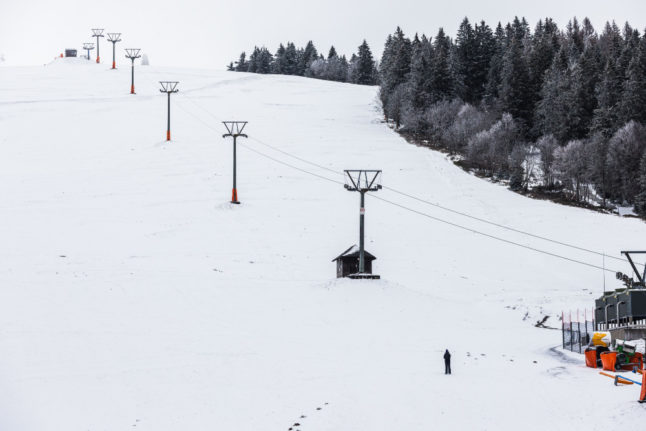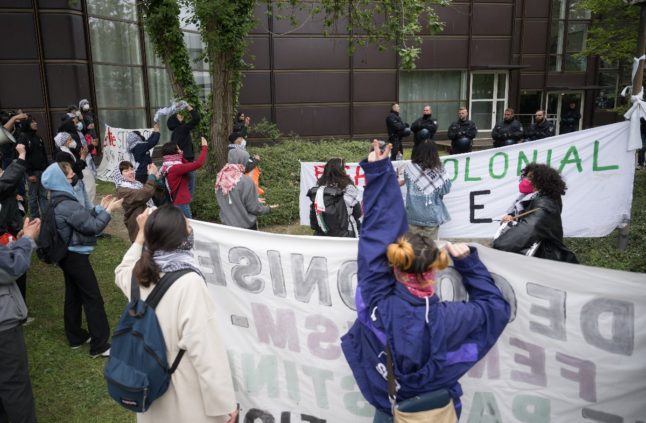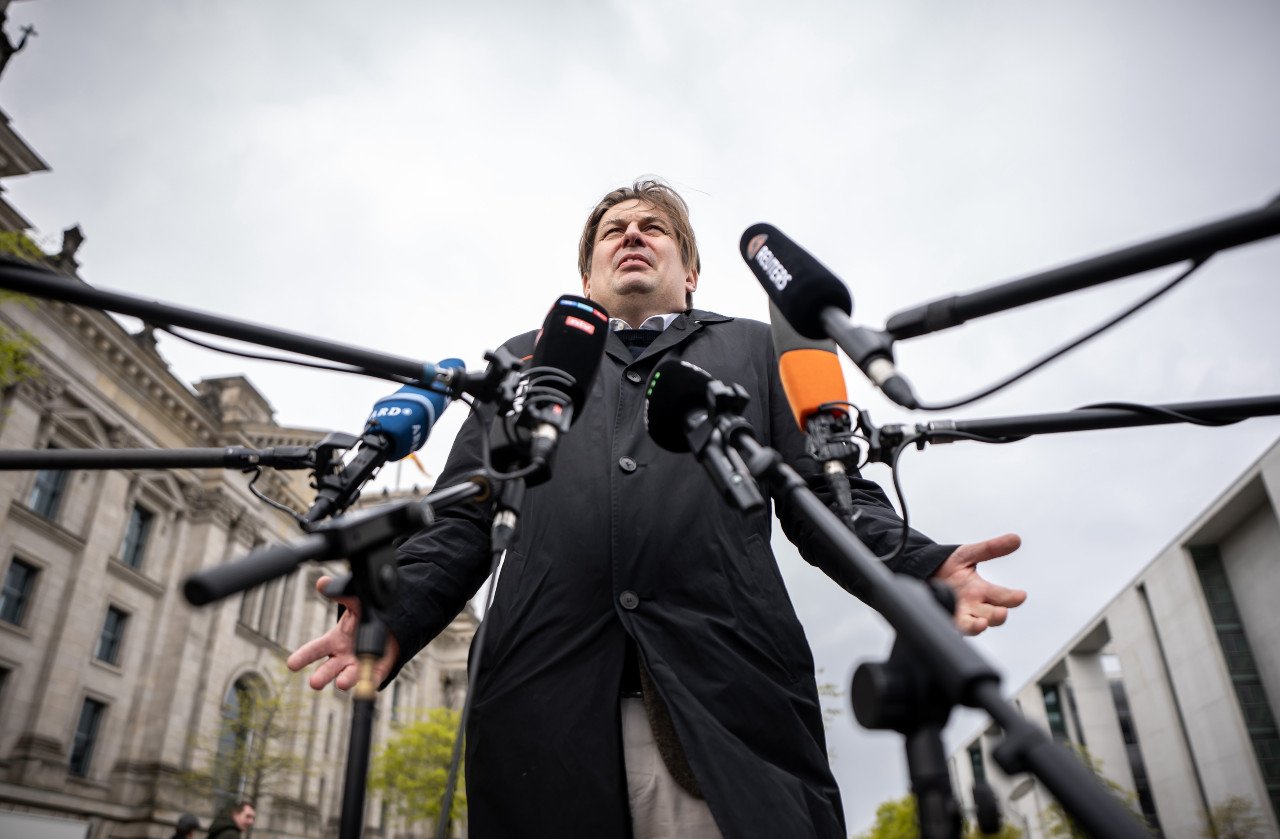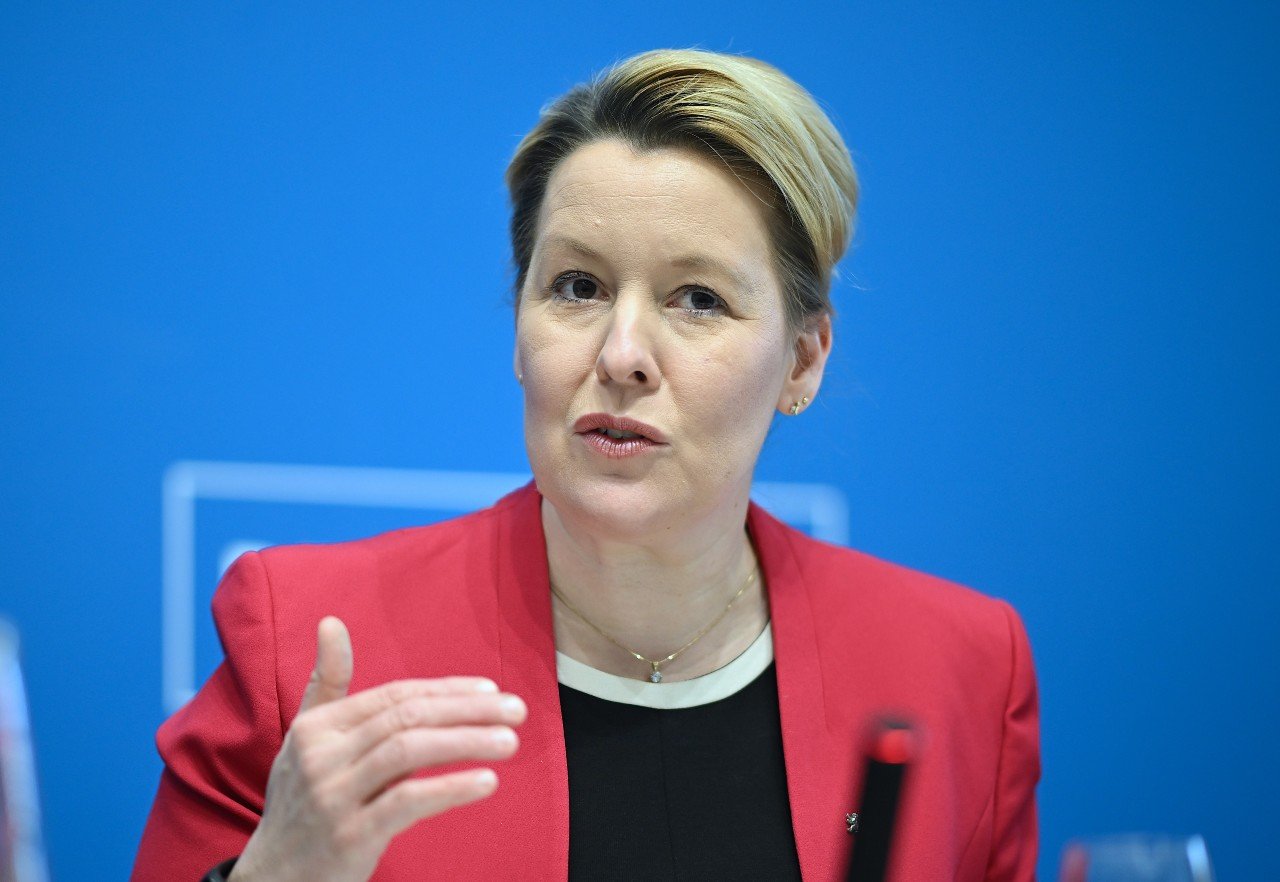Saxony-Anhalt state premier expects further changes to cannabis law
Saxony-Anhalt’s state premier Reiner Haseloff believes Germany’s recently adopted law on the partial legalisation of cannabis will be changed again, he said on Sunday evening’s ARD programme ‘Report from Berlin’.
The CDU politician expected it to be on the agenda again in the Federal Council in the next few months “simply because reality forces us to”.
“I don’t think it will stay like this for long,” he said, adding that the law would not be implemented seamlessly on April 1st and that the authorities involved would be “completely overwhelmed”.
On Friday, the Bundesrat, which represents the German states, approved the law that will allow the possession and cultivation of cannabis among adults in Germany from April.
Despite many points of criticism, there was no majority in favour of sending the law to the mediation committee which would have delayed the legislation.
READ ALSO: German opposition asks President to block cannabis law
Danger from IS terrorist offshoot in Germany remains ‘acute’: Interior Minister
Interior Minister Nancy Faeser said that the danger from Islamist State terrorist offshoot group ISPK in Germany “remains acute” in the wake of Friday’s deadly attack at a concert hall near Moscow.
“Based on everything that is known so far, it can be assumed that the Islamic State Khorasan Province terrorist group is responsible for the murderous terrorist attack,” she said. At least 137 people are confirmed dead, killed by gunmen who stormed the building.
The ISPK terrorist group, which Faeser says currently poses the greatest Islamist threat in Germany, originated in Afghanistan. It has in the past stated that it also wants to carry out attacks in Europe.
On Tuesday, Germany’s Federal Prosecutors’ Office had two suspected ISPK terrorists arrested in Thuringia and increased protective measures in Cologne over the festive period were also aimed at protecting against ISPK attacks, Faeser said.
Northvolt e-car battery factory construction to start on Monday
The construction of a €4.5 billion electric car battery factory, which will create 3,000 jobs, is set to officially start in Germany’s northernmost state of Schleswig-Holstein on Monday.
German Chancellor Olaf Scholz and Minister of Economy Robert Habeck are expected to attend the symbolic groundbreaking ceremony of the factory, owned by Swedish firm Northvolt.
Production is scheduled to start in 2016, with Northvolt planning to build up to one million battery cells for electric cars per year from 2029 at the factory.
READ ALSO: Germany needs ‘reality check’ to meet electric car targets
Deutsche Bahn offers bodycams to local train conductors
Deutsche Bahn will offer bodycams to regional train conductors across the country.
“The offer is valid immediately. Bodycams can be worn if desired. Colleagues can now register for it,” said a railway spokeswoman on Sunday.
Trial periods showed that the devices had a “very de-escalating” effect and “also protected against physical attacks,” Evelyn Palla, Regional Transport Director at Deutsche Bahn, told DPA.
Employees who wore a body camera during the pilot projects had not since experienced any physical assault, she said.
The offer initially only applies to the approximately 5,000 customer advisors in Deutsche Bahn’s local transport network.
In 2023, 1,328 Deutsche Bahn local transport staff were attacked.
Cold weather to turn spring-like
The weather over the weekend took a frosty turn, with parts of Germany seeing minus temperatures and even snow, particularly in the south, Saxony-Anhalt and other areas at higher altitudes.
But this week, the mercury is set to slowly climb throughout the week, reaching temperatures in the early 20s and up to 25C by Easter weekend, according to the German Weather Service (DWD). On Monday “the highs are already rising up to 14C,” they wrote, with any remaining snow and frost expected to melt away during the day.





 Please whitelist us to continue reading.
Please whitelist us to continue reading.
Member comments